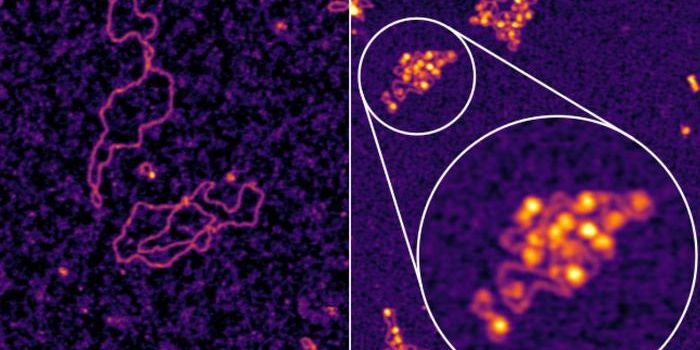Limonene: The Terpene to Deploy against Cancer
Limonene is one of the most well-known cannabis terpenes, and it’s getting increased attention in the medical profession for its anticarcinogenic effects. A review of 8 clinical studies on the terpene limonene highlighted this specific compound’s potency in fighting cancer development. This analysis determined that limonene demonstrated significant potential cancer prevention and control effects in eight rodent models. Researchers are now using this data to develop future research studies that could shed light on how limonene supports the human immune system and prevents malignant cell growth.
This review was the first known analysis of the limited existing research conducted on the inhibitory effects of limonene. In it, the researchers synthesize other studies that have documented limonene’s chemopreventive and chemotherapeutic activity effects on different tumors found in rodents. Analysis showed that limonene was responsible for decreases in reductions in tumor number, size, weight and volume. It also increased antioxidant enzymes and the latency and survival period of the rodents.
Limonene is just one of many terpenes that influence the aroma of a cannabis strain. It is also a major component in citrus essential oils and food flavoring additives. The highest concentrations can be detected in citrus fruits like limes, grapefruit, and oranges, but limonene can also be found in mint, rosemary, and juniper. This terpene can be found in many food items, and it is generally recognized as safe (GRAS) according to United States Code of Federal Regulations. Limonene has anti-anxiety, antidepressant, and anti-bacterial properties. Some strains with strong limonene include Lemon Haze, Purple Punch, and Jack Herer.
Future clinical studies will take into consideration the types of cancer -skin, oral, and digestive- which some researchers suspect may be easier to target with limonene treatment. Researchers will also investigate the effects of different modes of delivery (for example, topical applications for skin cancer and capsules for gastrointestinal cancer) on increasing the bioavailability of limonene.
Sources:
Frontiers in Sustainable Food Systems, NIH








